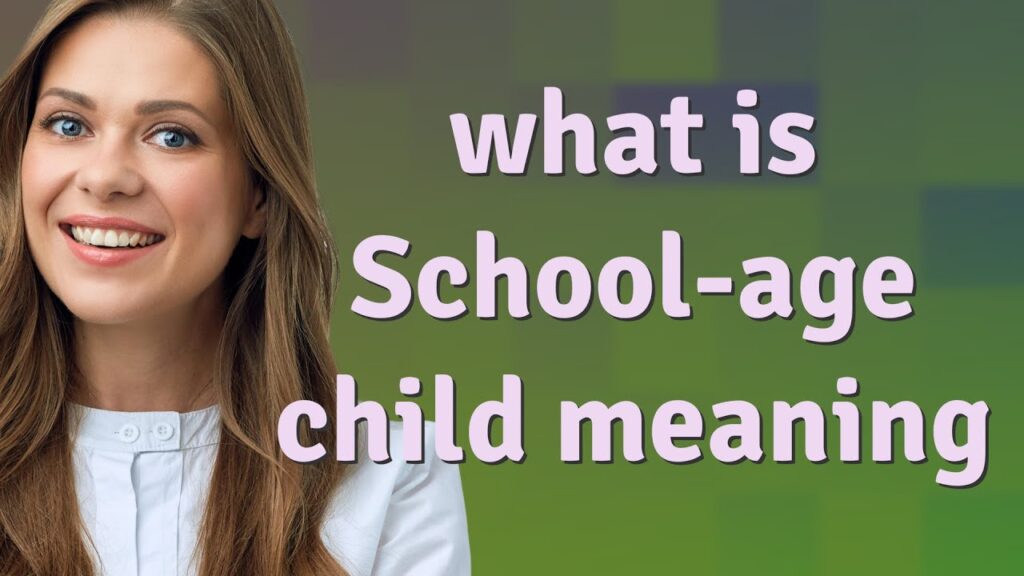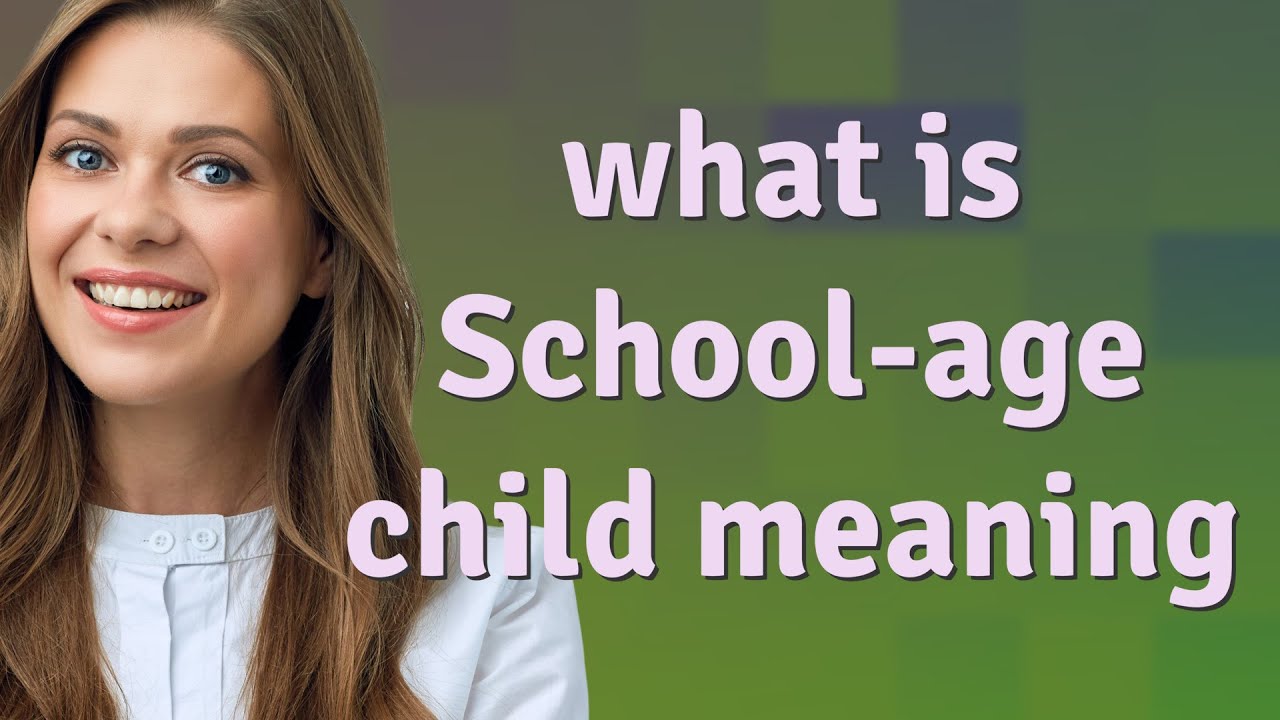
Unpacking the Adult Child Meaning: Understanding the Impact of Childhood Experiences
The term “adult child” carries a significant weight, often misunderstood and relegated to pop psychology. However, understanding the adult child meaning requires a deeper dive into the lasting impact of dysfunctional family dynamics on individuals well into their adulthood. It’s not about chronological age; it’s about the emotional and psychological residue left behind by adverse childhood experiences. This article will explore the nuances of the adult child meaning, examining its origins, characteristics, and paths to healing.
Origins of the Adult Child Concept
The concept of the adult child gained prominence in the 1970s and 1980s, largely through the work of pioneers in addiction recovery. Early literature focused primarily on adult children of alcoholics (ACOAs), recognizing that children raised in homes with alcohol abuse often developed specific coping mechanisms and behavioral patterns that persisted into adulthood. These patterns, while adaptive in the chaotic environment of their childhood, often became maladaptive in healthier, more stable contexts. The adult child meaning, therefore, initially centered around the experiences of individuals raised in alcoholic families, but the scope has since broadened to encompass a wider range of dysfunctional family systems.
Defining Dysfunction: Beyond Alcoholism
While alcoholism was the initial focus, the adult child meaning extends to individuals raised in families characterized by other forms of dysfunction. This can include families with:
- Emotional neglect or abuse: Where emotional needs are consistently unmet or invalidated.
- Physical abuse: Involving physical harm or threats of harm.
- Verbal abuse: Using words to demean, criticize, or control.
- Control and manipulation: Using tactics to exert power and dominance.
- Enmeshment: Where boundaries between family members are blurred, and individual identities are suppressed.
- High conflict: Constant arguing and tension within the family.
- Mental illness: Unaddressed mental health issues in parents or caregivers.
In these environments, children often learn to suppress their own needs and feelings to survive. They may take on roles such as the “hero,” the “scapegoat,” the “lost child,” or the “mascot” to maintain a semblance of stability within the family system. These roles, while seemingly functional in the short term, can have long-lasting negative consequences on their emotional and psychological well-being. Understanding the adult child meaning requires acknowledging the diverse forms that family dysfunction can take.
Common Characteristics of Adult Children
Adult children often exhibit a range of characteristics stemming from their childhood experiences. These characteristics can manifest in various ways, impacting their relationships, work life, and overall sense of self. Some common traits include:
Difficulty with Intimacy
Adult children may struggle with forming and maintaining close, intimate relationships. This can stem from a fear of vulnerability, a lack of trust, or difficulty expressing their needs and emotions. They may avoid intimacy altogether or engage in relationships that are emotionally unavailable or unhealthy.
People-Pleasing Tendencies
Many adult children develop a strong need to please others, often at their own expense. This stems from a childhood where their needs were consistently unmet or invalidated, and they learned to prioritize the needs of others to gain approval or avoid conflict. They may have difficulty saying no, setting boundaries, or asserting their own needs.
Low Self-Esteem
Growing up in a dysfunctional family can severely impact self-esteem. Adult children may internalize negative messages they received as children, leading to feelings of worthlessness, inadequacy, and self-doubt. They may struggle to recognize their own strengths and accomplishments and may be overly critical of themselves.
Difficulty with Boundaries
Healthy boundaries are essential for maintaining healthy relationships and a sense of self. However, adult children often struggle with setting and maintaining boundaries. They may allow others to violate their boundaries, or they may have difficulty respecting the boundaries of others. This can lead to feelings of resentment, exhaustion, and being taken advantage of.
Control Issues
In chaotic and unpredictable childhood environments, adult children may develop a need to control their surroundings and the people around them. This can manifest in various ways, such as being overly rigid, perfectionistic, or micromanaging. Control issues often stem from a deep-seated fear of losing control and being overwhelmed by chaos.
Emotional Regulation Difficulties
Adult children may struggle with regulating their emotions. They may experience intense mood swings, difficulty managing anger, or a tendency to suppress their feelings altogether. This can stem from a lack of emotional validation or support during childhood, leading to a difficulty understanding and processing their emotions in a healthy way.
Hypervigilance
Living in a constantly stressful or unpredictable environment can lead to hypervigilance. Adult children may be constantly on alert for potential threats or dangers, leading to anxiety, paranoia, and difficulty relaxing. They may be highly sensitive to criticism or perceived slights and may overreact to minor stressors. The adult child meaning often includes this constant state of alert.
Addictive Behaviors
Adult children may be more prone to developing addictive behaviors, such as substance abuse, gambling, or compulsive eating. These behaviors can serve as a way to cope with painful emotions, numb the pain of their childhood experiences, or fill a void in their lives. [See also: Understanding Addiction Triggers]
The Impact on Relationships
The characteristics described above can significantly impact the relationships of adult children. They may find themselves repeating unhealthy patterns from their childhood, choosing partners who are emotionally unavailable or abusive, or struggling to maintain healthy communication. Understanding the adult child meaning is crucial for breaking these cycles.
Romantic Relationships
Adult children may struggle with intimacy, trust, and communication in their romantic relationships. They may be drawn to partners who are similar to their parents, unconsciously recreating the dynamics of their childhood. They may also struggle with codependency, putting the needs of their partner before their own and sacrificing their own well-being for the sake of the relationship.
Friendships
Adult children may have difficulty forming and maintaining healthy friendships. They may struggle with vulnerability, fear rejection, or have difficulty setting boundaries. They may also be drawn to friendships that are unbalanced, where they are constantly giving and not receiving in return.
Family Relationships
Relationships with family members can be particularly challenging for adult children. They may struggle with unresolved issues from their childhood, feel resentment towards their parents, or have difficulty setting boundaries with family members. They may also feel pressure to maintain a certain role within the family system, even if it is detrimental to their own well-being.
Paths to Healing: Breaking the Cycle
While the impact of childhood experiences can be profound, healing is possible. Adult children can break free from the patterns of the past and create healthier, more fulfilling lives. Some effective strategies include:
Therapy
Therapy can provide a safe and supportive space for adult children to explore their childhood experiences, process their emotions, and develop healthier coping mechanisms. Therapists who specialize in trauma or family systems therapy can be particularly helpful. [See also: Finding the Right Therapist]
Support Groups
Support groups, such as Adult Children of Alcoholics (ACOA) or other similar groups, can provide a sense of community and validation. Connecting with others who have similar experiences can be incredibly empowering and can help adult children feel less alone.
Self-Help Resources
Numerous books, articles, and online resources are available to help adult children understand their experiences and develop healthier coping strategies. Reading about the adult child meaning and related topics can provide valuable insights and tools for healing. Some popular books include “Adult Children of Alcoholics” by Janet Woititz and “Codependent No More” by Melody Beattie.
Mindfulness and Meditation
Practicing mindfulness and meditation can help adult children become more aware of their thoughts, feelings, and bodily sensations. This can help them to regulate their emotions, reduce stress, and develop a greater sense of self-compassion.
Setting Boundaries
Learning to set healthy boundaries is essential for adult children. This involves identifying their own needs and limits and communicating them clearly and assertively to others. Setting boundaries can help them to protect their own well-being and create healthier relationships.
Self-Care
Engaging in regular self-care activities is crucial for adult children. This can include activities such as exercise, spending time in nature, pursuing hobbies, or simply taking time to relax and recharge. Self-care helps to reduce stress, improve mood, and promote overall well-being.
Reclaiming Your Narrative
Understanding the adult child meaning is the first step towards reclaiming your narrative. It’s about recognizing the impact of your childhood experiences without letting them define you. It’s about acknowledging your pain, validating your feelings, and taking steps to heal. It’s a journey of self-discovery, self-compassion, and ultimately, self-empowerment. While the road to recovery may be challenging, it is ultimately a journey worth taking. By understanding the adult child meaning and actively working towards healing, individuals can break free from the patterns of the past and create a brighter, more fulfilling future for themselves. The adult child meaning isn’t a life sentence; it’s an invitation to heal and grow.

